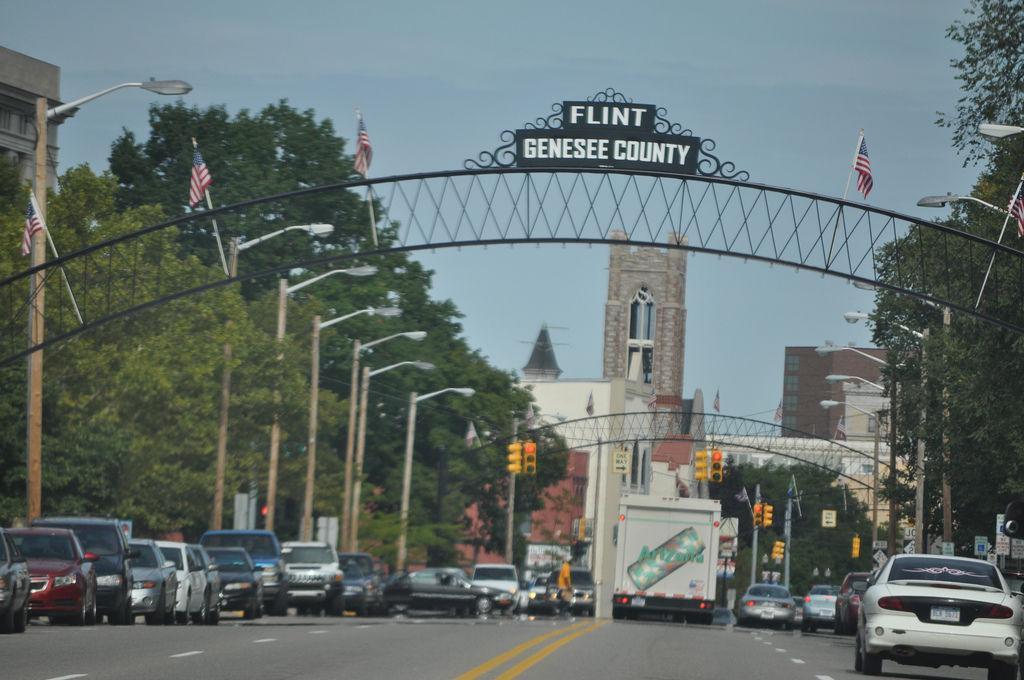In 2014, officials from Flint, Michigan, changed the source of drinking water from the Detroit City system to the Flint River. Because of poor infrastructure maintenance, the pipes from the Flint River contained unhealthy amounts of lead. Thus, the citizens of Flint had little access to clean drinking water.
The water crisis was all over the news for a while. Eventually, the media pointed its cameras elsewhere. The problem, however, was far from over.
As of late 2018, Flint is no longer in a state of emergency, although the city government has not cleared the water as safe for consumption. Although the media has lost its appetite for the plights of Flint natives, the government must still pay attention to its city.
In late 2016, the federal government required water bottles to be delivered to homes verified to have unsafe drinking water. Although a step in the right direction, it is a prime example of “too little, too late.”
Officials have shown negligence to their constituents through the four year-long and counting ordeal. Their motivation was sound: move to a cheaper source and save money. Citizens in Flint noticed a change soon after the move. The water had become dark and foul to the senses. Consumers began to notice skin rashes and hair loss.
The U.S. Environmental Protection Agency sets an action level for dangerous substances like lead, meaning lead concentrations cannot exceed the set limit without becoming unsafe. Subjects in an independent test showed lead levels 100 times the limit. Estimates suggested over 9,000 children were exposed to the contaminated water.
The situation has lasted far too long, and the government is doing little to fix it. Flint natives realized a problem in 2014, soon after the city switched their water source. The state government created a task force in 2015, only after national media picked up the crisis. The task force seemed to do little other than note the citizens of Flint were unhappy.
The state finally began taking action in 2016 with the delivery of water bottles to houses in need, but it took lawsuits from several action groups in the city to get this first step.
Fast forward two years to today. Although the city is no longer considered an emergency, the problem is far from over. Flint’s production is tanking, and its citizens are dying. This has been the case for four years, and we can only wonder when it will end.
The media undoubtedly has power. We can only solve problems we know about, and putting the spotlight on Flint had a gigantic amount of people up in arms in concern for their fellow Americans.
Film director Sam Raimi’s Spider-Man trilogy portrays New Yorkers as zealously loyal to one another and willing to do anything to protect their neighbors. National crises like the 9/11 terror attacks prove Raimi’s “you mess with one of us, you mess with all of us” mentality rings true for all Americans.
However, when the media is focused on the fleeting love lives of fickle young celebrities as opposed to the needs of our countrymen, we’re distracted and blinded to the struggles of others.
In the 2016 presidential election, both Democratic candidate Hillary Clinton and Republican candidate Donald Trump publicly voiced the need to fix Flint’s problems. The two candidates promptly forgot about the issue and continued to dominate public attention with their own personal scandals.
The federal government stepped in to force the state’s hand in addressing the issue because the state was in violation of federal law by failing to provide for its citizens. In other words, there are people whose day to day revolves around managing issues like this one. But, a crisis like Flint is facing requires more than it’s been getting.
There are thousands of media sources on television and the internet, and there are millions of people on social media. We spend so much time on the internet, so why not spend some time finding important issues, educating ourselves about them, sharing them with others and seeking solutions. When we come together, we can accomplish great things.
Kyle Richoux is a 20-year-old sociology junior from LaPlace, Louisiana.








